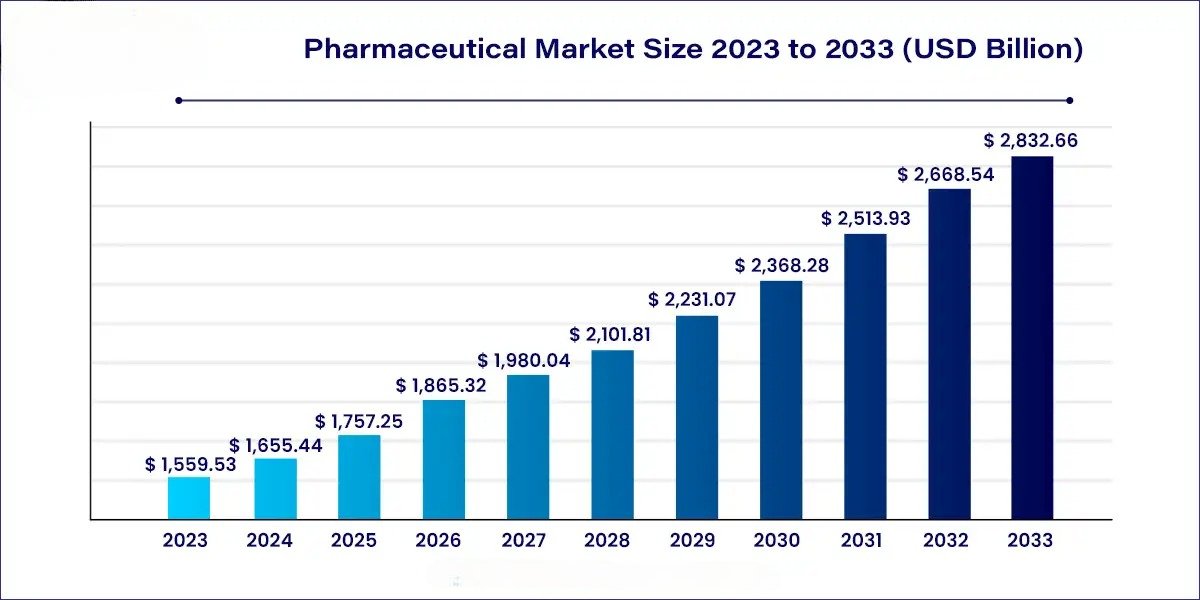Biosimilars are transforming the pharmaceutical market by increasing competition, reducing costs, and expanding access to biologic therapies. Here’s how they are influencing the industry:
1. Cost Reduction
- Biosimilars are typically priced 20-30% lower than their reference biologics, making biologic therapies more affordable for healthcare systems and patients.
2. Increased Access to Treatment
- The lower cost of biosimilars enables broader patient access to life-saving biologic therapies for chronic and complex conditions like cancer, rheumatoid arthritis, and diabetes.
3. Market Competition
- Biosimilars challenge the dominance of original biologic manufacturers, fostering competition and driving innovation in the biologics segment.
4. Expanding Product Portfolios
- Pharmaceutical companies are increasingly investing in biosimilar development to diversify their portfolios and tap into the growing demand for biologics.
5. Innovation in Biomanufacturing
- The development of biosimilars drives advancements in biomanufacturing technologies, improving production efficiency and quality control.
6. Regulatory Evolution
- Regulatory frameworks, such as those by the FDA and EMA, have adapted to streamline the approval process for biosimilars, encouraging their entry into the market.
7. Shift in Healthcare Economics
- The availability of biosimilars reduces the economic burden on healthcare systems, allowing for the reallocation of resources to other healthcare priorities.
8. Challenges in Market Adoption
- Despite their cost advantages, biosimilars face challenges like physician hesitancy, patient awareness, and the need for robust post-marketing data to demonstrate interchangeability.
9. Intellectual Property Dynamics
- Patent expirations of biologics pave the way for biosimilar development, but complex IP landscapes can delay market entry.
10. Growth in Emerging Markets
- Biosimilars are driving growth in emerging markets by offering cost-effective alternatives to expensive biologics, addressing the unmet medical needs of large populations.
11. Collaboration and Partnerships
- Many pharmaceutical companies collaborate with biotechnology firms to leverage expertise in biosimilar development, production, and commercialization.
12. Personalized Medicine Synergy
- Biosimilars complement personalized medicine approaches by providing cost-effective options for biologic-based therapies.










